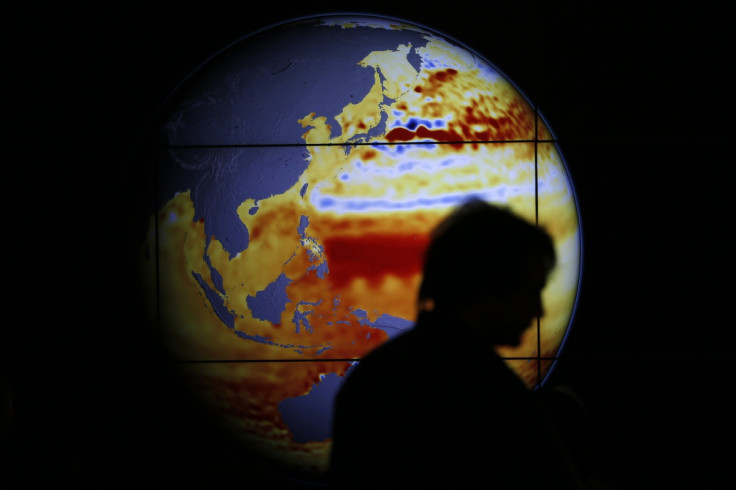Reporters Without Borders presents grim view of global media

A report on press freedom in 180 nations has cited a "deep and disturbing decline in respect for media freedom at both the global and regional levels". The 2016 World Press Freedom Index, compiled by Reporters Without Borders, pointed out how governments and private sector organisations are attacking journalistic freedom in order to save their interests.
The report, however, showed 3.71% deterioration in media freedom in 2016 from a year ago, with global indicator rising from 3719 points in 2015 to 3857 points in 2016 — the higher the indicator, the worse is media freedom. The decline since 2013 is 13.6%, according to the report.
"It is unfortunately clear that many of the world's leaders are developing a form of paranoia about legitimate journalism," RSF secretary-general Christophe Deloire said in the report.
"The climate of fear results in a growing aversion to debate and pluralism, a clampdown on the media by ever more authoritarian and oppressive governments, and reporting in the privately-owned media that is increasingly shaped by personal interests," Deloire added.
The report pointed out that both the state and privately-owned media are facing increasing threat from "ideologies, especially religious ideologies that are hostile to media freedom". Furthermore, legal frameworks in many countries have become anti-journalist, with legislations introduced to punish journalists on charges such as "insulting the President", "blasphemy" or "supporting terrorism".
Europe emerged as the region with the freest media, followed by Africa. However, Americas, Asia, Eastern Europe/Central Asia and North Africa/Middle East are among the regions where journalists work under various kinds of constraints.
"Media freedom declined in the Americasin 2015 because of mounting political tension in many countries fuelled by economic recession, uncertainty about the future and weakening solidarity between communities," the report read, noting that attacks against journalists have seen a rise in many American countries. "Institutional violence" and "organised crime" pose maximum threat to journalists' safety in the Americas.
The report highlighted that Europe, which respected media freedom most, is on a "downhill course" because of the changing media framework in the continent.
"Media ownership by conglomerates with a wide range of business interests has long posed a threat to journalistic independence, but the threat is growing and is endangering the European model," the report read. Most of the media companies in countries like France, Bulgaria and Macedonia are owned by "businessmen with interests in areas of the economy unrelated to the media", the report claimed.
Finland, the Netherlands and Norway topped the rankings in that order, implying journalists in these countries enjoy the most freedom.
The World Press Freedom Index is based on an evaluation of pluralism, media independence, the quality of the legal framework and the safety of journalists in 180 countries. Experts from different countries answer a questionnaire, which provides data for qualitative analysis, which is then combined with quantitative data on abuses and acts of violence against journalists during the period evaluated.
The report comes close on the heels of a major investigative feat by journalists across the world. The International Consortium of Investigative Journalists (ICIJ)-led massive media exposé, dubbed the Panama Papers leaks, rocked political and business establishments across the world, demonstrating the power of the media. The leaked documents of Panama-based law firm Mossack Fonseca led to several investigations and even resignations by some ministers and national heads.
© Copyright IBTimes 2025. All rights reserved.



















